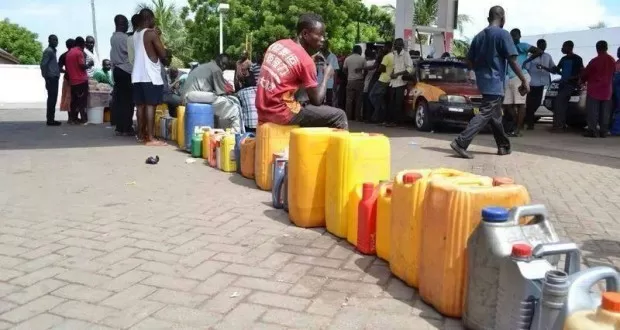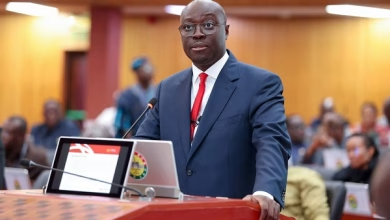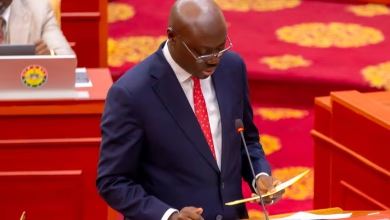Ghana’s Premix Fuel Subsidy: A Costly Failure

- Fishermen continue to grapple with dwindling catches
- Reports reveal the subsidy has fueled corruption
- The government faces a critical decision
Ghana’s premix fuel subsidy program, designed to bolster the fishing industry and uplift coastal communities, has been exposed as a costly and ineffective policy.
Despite billions of cedis invested since 2014, fishermen continue to grapple with dwindling catches, low incomes, and hazardous working conditions.
A recent report reveals that the subsidy has fueled corruption, with fuel being diverted to other markets, overpriced, and hoarded by cartels and political insiders.
Experts warn that the program is unsustainable and recommend its replacement with an output-based subsidy system that rewards productive fishermen.
To curb the rampant abuse of the subsidy, calls for increased transparency and enforcement have been made.
This includes installing automated monitoring systems at landing sites and strengthening law enforcement against those selling premix fuel above the subsidized price.
As the financial burden of the subsidy grows, the government faces a critical decision: continue pouring resources into a failing program or implement bold reforms to revitalize the fishing industry and protect the livelihoods of coastal communities.






